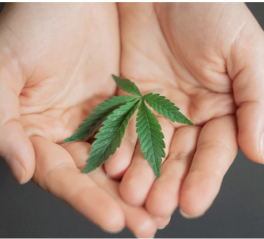Abstract
Purpose
To provide an up-to-date summary of the benefits and harms of cannabis-based products for epilepsy in children.
Methods
We updated our earlier systematic review, by searching for studies published up to May 2019. We included randomized controlled trials (RCTs) and non-randomized studies (NRS) involving cannabis-based products administered to children with epilepsy. Outcomes were seizure freedom, seizure frequency, quality of life, sleep, status epilepticus, death, gastrointestinal adverse events, and emergency room visits.
Results
Thirty-five studies, including four RCTs, have assessed the benefits and harms of cannabis-based products in pediatric epilepsy (12 since April 2018). All involved cannabis-based products as adjunctive treatment, and most involved cannabidiol. In the RCTs, there was no statistically significant difference between cannabidiol and placebo for seizure freedom (relative risk 6.77, 95 % confidence interval [CI] 0.36–128.38), quality of life (mean difference [MD] 0.6, 95 %CI –2.6 to 3.9), or sleep disruption (MD –0.3, 95 %CI –0.8 to 0.2). Data from both RCTs and NRS suggest that cannabidiol reduces seizure frequency and increases treatment response; however, there is an increased risk of gastrointestinal adverse events.
Conclusion
Newly available evidence supports earlier findings that cannabidiol probably reduces the frequency of seizures among children with drug-resistant epilepsy.





